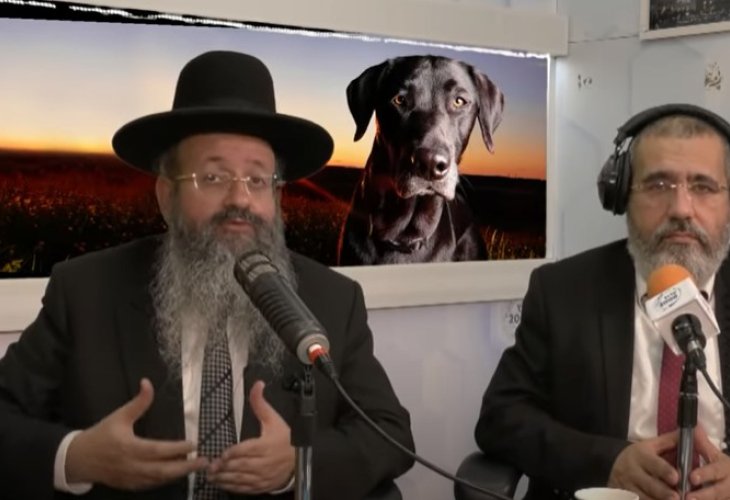Shabbat
“A Sacred Pause in Time”: How Shabbat Refines the Soul
Israeli singer Elikam Botah reflects on the spiritual power of Shabbat, the melodies of Yemenite tradition, and the dream of sharing the day with the greats.

A Gift of the Divine
What does Shabbat mean to you?
“Shabbat is a unique gift that Hashem has given us: a full day of inner purity and spiritual elevation. It’s a time to reflect on the week that has passed and think carefully about the week to come. It’s also a precious time for connection with family, close friends, and myself.”
A Day of Prayer, Song, and Family Tradition
What’s your typical Shabbat schedule?
“I welcome Shabbat at the synagogue, then return home for a delicious meal with unique fish dishes and a table full of delicacies. We discuss the weekly Torah portion and break into spirited singing of classic Shabbat melodies. In the morning, I pray Shacharit (the morning prayer), then enjoy the cholent and jahnun lovingly prepared by my mother. Later in the day, I try not to miss set times for Torah study, especially reading ‘shnayim mikra ve’echad targum’ (the traditional study of the weekly Torah portion twice with commentary). I attend Mincha (the afternoon prayer), enjoy Seudah Shlishit with family, and close the day with Ma’ariv (the evening prayer).”
Where do you pray on Shabbat?
“At the Yemenite synagogue in my moshav. It’s hard for me to pray anywhere else. I just can’t give up the atmosphere and melodies that connect me so deeply to my childhood landscape.”
Do you have a favorite Shabbat song?
“One of my favorites is the Yemenite piyut (liturgical poem) ‘Yom Shabbat,’ written by the late Rabbi Shalom Shabazi.”
Elevation, Reflection, and a Taste of the Future
Who would you like to host, or be hosted by, for Shabbat?
“As someone who is not yet married, my parents are the ones hosting for now, and I cherish the time with my married siblings when they come. I would have loved to spend Shabbat in the home of the late Rabbi Ovadia Yosef, of blessed memory, just to experience the sanctity of Shabbat in the presence of such a giant of Torah. God willing, once I’m married, I dream of hosting the Levites who sang in the Beit HaMikdash (Holy Temple) and joining them in singing Shabbat songs and praises to Hashem.”
What makes your Shabbat different from the rest of the week?
“The very essence of Shabbat, the additional soul we receive, sets it apart. On Shabbat, I disconnect from material things and the daily race of life. It’s a time to reconnect with my deeper self and with Hashem, free from pressure and distraction, with heightened devotion and spirituality.”
What’s the first thing you do after Shabbat ends?
“I make Havdalah (the ceremony that marks the end of Shabbat) and feel the departure of the extra soul returning to its source. I try to savor a few last sweet moments of Shabbat by preparing a Melaveh Malkah meal. I don’t rush into the week. I try to enter it calmly and blessedly.

